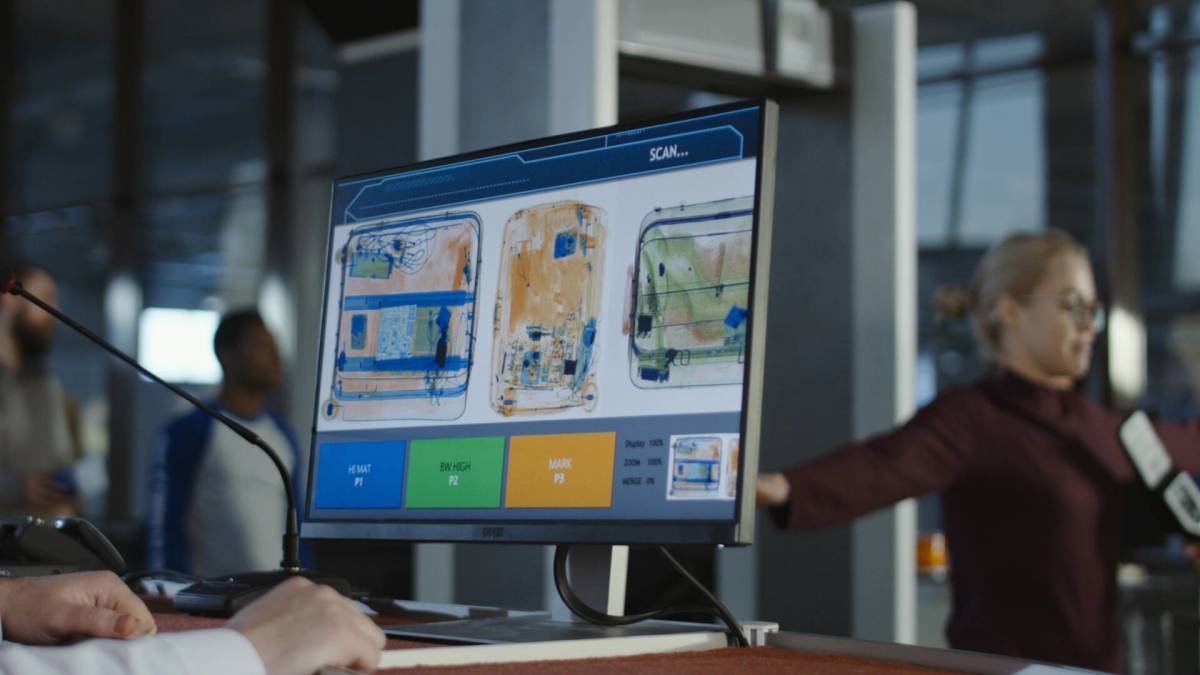
At the end of last summer, stories of tourists at Cancun International Airport being slapped with the “laptop fine” started to emerge and go viral on the internet.
While Mexico’s Servicio de Administración Tributaria agency overseeing customs has a provision limiting international arrivals from bringing more than one laptop or electronic tablet into the country without being taxed, the obscure rule has been rarely and inconsistently enforced over the years.
Don't miss the move: Subscribe to TheStreet's free daily newsletter
As she described to news outlets, Florida resident Tammy Levent has traveled to Cancun with both her laptop and an iPad dozens of times without issue before a September 2024 incident in which she was pulled aside for luggage examination and given a $200 fine after an officer found the two devices in her bag.
Related: This is what happened when an airport worker got caught rifling through luggage
Amid the bad press that Mexico’s unusual laptop rule got after several such incidents at Cancun International in particular, Quintana Roo Governor Mara Lezama announced that the laptop tax has been eliminated as of Oct. 11 due to the “discomfort and inconveniences it has created.”
Here is what you need to know about Mexico’s obscure laptop rule (and its elimination)
Seeing over 32.7 million passengers pass through its doors in 2023, Cancun’s airport was behind only the capital Mexico City as the country’s busiest while many international tourists come loaded up with tech to do some remote work (the country has been working to promote itself as a destination for digital nomads and other remote workers) or simply have entertainment when lounging around an all-inclusive resort.
More on travel:
- Another National Park just made it more difficult for you to visit
- Delta Air Lines makes a baggage change that travelers will like
- United Airlines passenger incident triggers quick response
“Due to several situations detected at the Cancun International Airport regarding the fee to residents and tourists in a process that has affected the image of the destination, and has generated discomfort and inconveniences of our visitors … we have decided to eliminate the criteria that imposed a fee to incoming passengers bringing a computer and a tablet to Cancun International Airport,” Lezama said in the original Spanish in a Facebook (META) video.
The federal law is written such that a traveler who brings two large electronic devices can be charged up to 19%, or whatever is less than $4,000, of the value of the more expensive device as a tax and be refused entry into Mexico on refusal to pay it.
Related: Get the best cruise tips, deals, and news on the ships from our expert cruiser
‘Tourism is a priority activity and streamlining of service processes must be permanent’
While any airport receiving international arrivals (as well as any land and sea ports of entry) can also enforce the rule, reports of travelers actually being made to pay it have come out only from Cancun. Airports in other Mexican states have not released statements on whether they currently do or will continue to enforce the laptop tax.
“For Quintana Roo, tourism is a priority activity and the streamlining of tourist service processes must be permanent,” Lezama announced further.
Cancun’s airport is also known to be strict around refusing travelers who have a passport with small marks or anything else other than less-than-pristine condition; as a result, airlines will also more frequently refuse boarding to such travelers in order to avoid situations in which they are not allowed entry at customs and the carrier has to get them home at their expense.
Related: Veteran fund manager sees world of pain coming for stocks







